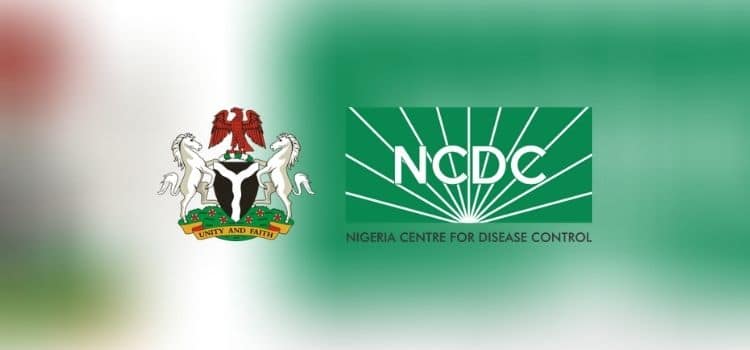By Iyemah David
Nigeria Centre for Disease Control and Prevention (NCDC) has highlighted the role of Infection Prevention and Control (IPC) in strengthening the country’s health system, saying “it is the cornerstone of public health.”
The Director-General of the centre, Dr Jide Idris, said this during the inauguration of the National Infection Prevention and Control (IPC) Technical Working Group to combat infections in Abuja on Monday.
The IPC is a practical, evidence-based approach to prevent patients and health workers from being harmed by avoidable infections.
Dr Idris, therefore, “IPC is the first line of defence against the spread of infectious diseases, safeguarding patients, healthcare workers and the community at large.
“IPC is essential for a resilient health system. It is crucial to the provision of high-quality and safe healthcare and lies at the core of health emergency preparedness and response.
“Nigeria has faced significant outbreaks of diseases such as Ebola, Lassa fever, cerebrospinal meningitis, diphtheria, cholera, and the COVID-19 pandemic in the last decade
“These events highlighted the rapid spread of infections through communities and healthcare settings, exposing gaps in IPC programmes and underscoring the necessity for comprehensive infection prevention and Antimicrobial Resistance (AMR) strategies.”
According to him, out of every 100 hospitalised patients Globally, seven will acquire a Healthcare-Associated Infection (HAI), a risk that can be higher in settings like Nigeria.
He said that the more ill and fragile patients become, the higher the risk of these hospital-acquired infections and their potentially deadly consequences.
“Death rates can increase two to threefold when infections are resistant to antimicrobials.
“IPC offers proven solution to mitigate this harm, avoiding incalculable suffering and costs to people and the health system.
“Compelling evidence shows that up to 70 per cent of healthcare-associated infections can be prevented by implementing effective IPC interventions,” he said.
He, therefore, added that investing in IPC is one of the most cost-effective measures available.
He recalled that during the COVID-19 pandemic, Nigeria demonstrated leadership in IPC by co-chairing the African Task Force for Coronavirus (AFTCOR) IPC Technical Working Group.
He explained that improving hand hygiene in healthcare settings can more than halve the risk of dying from infections with resistant pathogens and decrease long-term complications and health burdens by at least 40 per cent.
The WHO Country Representative to Nigeria, Dr Walter Kazadi Mulombo said IPC is a significant milestone in advancing health security and improving the quality of the health system in alignment with international health regulations and global strategies.
Mulombo emphasised the critical role of IPC in addressing outbreaks like Ebola and COVID-19, and strengthening health systems.
He reiterated WHO’s readiness to support Nigeria with technical assistance and funding to implement IPC measures.




